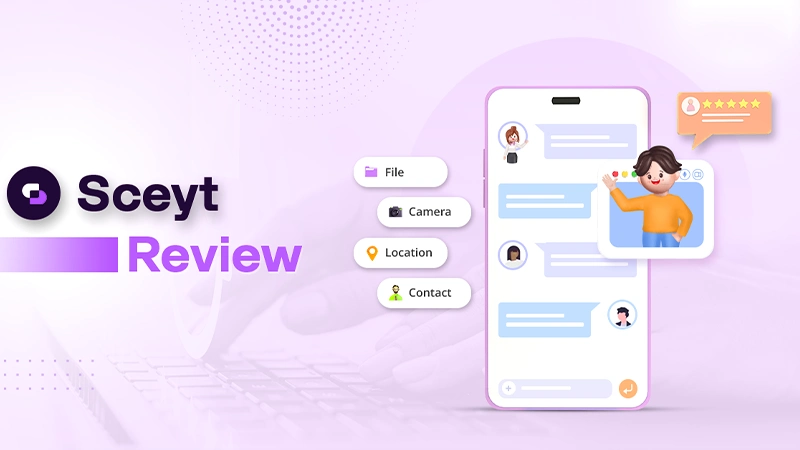How to Choose the Right Budget System
Money management is a strategic plan for your hard-earn money so you can make the most of it. It comprises budgeting, reducing debt, saving money, and investing in your future. Budgeting systems are created to help consumers understand and evaluate their relationship with finances.
Each system has some distinct tactics. Keep on reading to find the tactic that resonates and best suits your needs.
Take Inventory of Your Finances
Money management should not just make the math work out but also change your mindset. You need to take a mental inventory of your present position in order to realize what needs to be adjusted or changed to reach success.
- Do you live paycheck to paycheck?
- Are you constantly overspending?
- Do you feel overwhelmed by financial jargon?
- Do you constantly think about where to borrow money for the next necessary purchase?
- Do you have enough savings in your emergency fund?
Answer these questions honestly to understand your major weaknesses. Even if you’ve made some mistakes in the past, they can become valuable lessons for your successful future. Here are the most widespread budgeting systems to help you manage your finances and prepare for the future.
4 Budgeting Methods to Choose from
#1 50/30/20 Budget
This system works best for beginners and people who are new to budgeting. This budgeting method is suitable for covering your present financial needs, paying down existing debt, and saving for your future goals.
As you can see from the name of this strategy, it is meant to split your income into three categories. You need to use 50% of your income for necessities, 30% for wants, and 20% for debt repayment and savings.
What are necessities? These are fixed monthly costs that can’t be omitted such as rent, utility bills, or transport expenses. Your wants may include shopping costs or entertainment.
#2 Envelope System
Are you willing to get rid of your current debt? If you are looking for a suitable budgeting method without having to track each purchase, you should try this system. It offers you a cash-based approach.
What should you do here? It is necessary to set a certain spending limit for every category. Then you should fill envelopes with the needed amount of cash and utilize only this money for your needs and purchases.
For instance, you set a spending category “shopping” and fill the envelope with this name with the allotted cash. You can use this sum only for shopping. When each envelope is empty, you can’t spend more funds on these expenses for the month.
Cash allows you to track your spending and check where you tend to overspend. If you aren’t willing to deal with paper envelopes, you may download the Goodbudget app.
#3 Zero-Based Budget
This is a great budgeting system for overspenders. If you want to monitor and manage your finances better, you can try it. It means you give every dollar work and use it in a deliberate way.
You take your paycheck and divide it into categories that should be covered from paying for rent to groceries to saving for an upcoming vacation.
Such budgeting apps as EveryDollar and YNAB will help you follow this system if you don’t want to deal with cash.
Once you allocate each dollar from your income for certain needs and costs, there should be zero dollars left. This is where the name of the budgeting method comes from.
#4 Pay Yourself First
This budgeting tactic puts savings before other expenses. It is created to align your values and spending. Using this system, you should choose how much you want to save into your emergency fund or retirement fund each month.
Set aside this amount that you’ve decided on and utilize the rest funds for bill payments and other needs. It is also called a “reverse” budget, as you should pay yourself first and after that cover other expenses.
Also Read: How to Improve Your Portfolio Management
How to Select the Right Budget System
If you aren’t sure which budgeting tactic will work best for you, you may want to compare manual and digital options. Define whether you want technological help or a manual DIY approach to money management. Some people prefer a hands-on system and they enjoy putting everything down on paper.
When you write things down, it may help you remember the data and feel more connected to your budget. Other consumers prefer to use personal finance apps and budgeting online tools as they are faster to use on the go and allow them to access important data and automate their savings.
Despite recommendations of financial experts to develop a budget, recent studies have revealed that less than half of Americans really have a budget. Among 1,004 respondents in Rutgers Cooperative Extension Financial Fitness Quiz only 46 % used a budget and 36% planned and set financial aims for the future.
Another tip is to realize what your values are and what you are willing to achieve. You can do a financial self-assessment if you don’t know what strategy to choose. Look at your current financial situation and your monetary goals.
You may want to learn how to save more and purchase a house by taking out a mortgage. You may need to select a strategy that will help you get out of existing debt or lower spending.
Once you realize what your current position is and what you aim to achieve, you will be able to pick a system that matches those financial needs. Besides, each budgeting tactic may involve a certain time and dedication.
You may think about the amount of time you are ready to spend on budgeting. Some strategies are more flexible while others have strict demands. Online budgeting apps sync to your financial accounts and demand little time and effort.
A zero-based budget and written option require more time and detailed tracking of your expenses. There is no strict rule on how often you should budget.
When you just begin this journey, you may need to check in more frequently and write down every expense and purchase you make on a daily basis. Later, it will become your habit.
The Bottom Line
We all want to have a lot of money and stop worrying about financial matters. If you have decided to understand money management and create a plan for your money, these budgeting systems can help. Each system is tailored to certain monetary needs.
Whether you are planning to establish an emergency fund, boost your retirement savings, or reduce your current debt, you can review these systems and select the best one. There is no one-size-fits-all budgeting method.
Each strategy requires you to follow certain rules. Some budgeting methods are more flexible while others are rather strict. Review the mentioned methods and make your own choice to improve financial stability.
Share
















